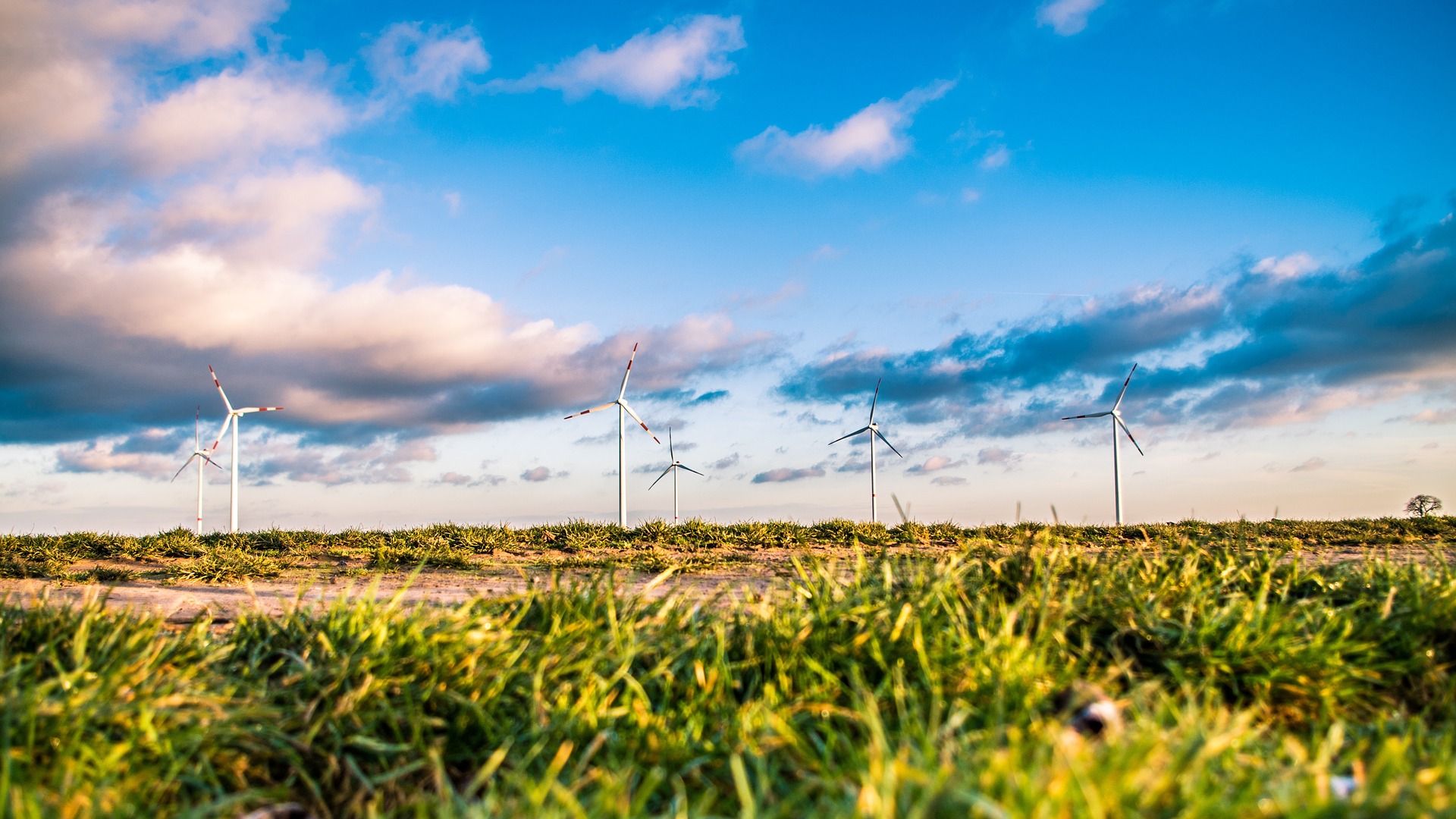News

| Publication | The Business Times (Online) |
| Date | 10 October 2019 |
| Page/Section | Opintion |
| Title | Innovation, sustainability at the heart of Singapore's energy ecosystem |
| Link | https://www.businesstimes.com.sg/opinion/innovation-sustainability-at-the-heart-of-singapores-energy-ecosystem |
KAVITA GANDHI
THU, OCT 10, 2019 - 5:50 AM
SWIMMING against the rising tide is an uphill battle. Around the world, nations are in a race against time as the accelerated melting of ice sheets forebode prolonged droughts, new diseases and intense heatwaves. At the heart of this longstanding movement in South-east Asia is Singapore, with a keen eye on new solutions that bridge the gap between its limited supply of alternative energy resources and its need to strengthen capabilities around mitigating climate change.
Amid the ticking time bomb of climate change, Singapore is building its own bulwark. Already, Singapore's Smart Nation initiative is presenting new opportunities for innovation in the city-state's energy ecosystem - driven by the rapid proliferation of research centres and strategic alliances across academia, government, technology companies and startups.
The way forward
Innovation has undoubtedly become the lifeblood of Singapore's energy ecosystem - and it will be the way forward as the focus shifts towards building a sustainable energy future. In the face of climate change, never has it been more pressing to accelerate the mainstream adoption of scalable, cutting-edge, low-carbon technologies, while simultaneously driving various funding initiatives in the clean energy space.
Blueprints such as the Research, Innovation and Enterprise (RIE) 2020 plan are in place, supporting innovation in sustainable energy across Singapore, from piloting to adoption. Additionally, there have been core technology roadmaps around Solar Photovoltaic (PV), Industry Energy Efficiency and Storage/Utilisation from major stationary energy sources, among others, which explore the potential of drastically reducing carbon emissions in the city-state.
We have been seeing advances geared towards capitalising on the potential of solar power, which is most likely to be the lowest-cost energy option in a decade's time. And Singapore is well-poised in the solar PV space: Besides the Housing & Development Board's (HDB's) SolarNova programme, which has been supporting the accelerated solar PV system deployment in government agencies since five years ago, the city-state has been seeing a significant rise in initiatives empowering startups keen to leverage progressive technologies such as artificial intelligence in optimising solar PV assets. Today, Singapore is home to the world's largest floating solar energy test bed in Tengeh Reservoir - and is well on its way to serving as a global reference point for solar technology adoption.
The combination of talent, energy expertise, a vibrant startup ecosystem and support from government agencies and private institutions is further nurturing Singapore's position as a flourishing innovation hotbed for the energy sector. Having earned the reputation of serving as a launchpad for energy startups' region-wide expansion, Singapore's thriving innovation climate has seen the rise of new energy solutions geared towards mitigating climate change, ranging from platforms leveraging artificial intelligence and machine learning in energy optimisation, to decentralised energy grids that support sustainable forms of energy production.
Having placed climate change high on its agenda, Singapore has shed light on best practices that can guide South-east Asian countries in their path towards sustainable development, while serving as a springboard for proactive debates and conversations fostering collaborations across various stakeholders in the energy space.
In particular, Singapore has been encouraging further research in blockchain and artificial intelligence, both of which still hold much promise for the energy sector - given the urgency in optimising sustainable energy efficiency and unlocking access to capital in the sustainable energy sector. Blockchain-enabled platforms supporting peer-to-peer energy trading, for instance, are seen to potentially revamp the electricity grid by bolstering the adoption of renewables while reducing energy distribution losses. Through seamless and secure transactions involving Renewable Energy Certificates (RECs) and carbon credits, blockchain-powered platforms promote the integration of renewable energy sources into the energy ecosystem by making green energy more accessible for organisations to consume. Additionally, the functionality of blockchain in managing complex financing environments could set the stage for unlocking the potential for new investors in the renewable energy space.
Necessary initiatives
A commonly perceived trade-off of fighting climate change is maintaining current economic growth, and this deters many governments, especially in developing nations across South-east Asia, from taking necessary initiatives immediately. Given that the dire consequences of climate change will only be more apparent in the long run, some governments in the region remain reluctant to shoulder significant upfront economic costs and investments tied with tackling climate change.
This is especially in the face of tacking the challenge of providing energy subsidies and the appeal of cheap power sources. Having shifted from this myopic perception, Singapore has shown how collective efforts among the government, enterprise, and community can go a long way towards accelerating innovation and sustainable economic development, as the threat of rising sea levels looms.
Down the road, accelerating innovation in the energy space across South-east Asia entails bridging knowledge gaps, most especially in developing markets, around fostering alternative energy sources. And this is where Singapore can become a model for other South-east Asian markets to follow as they work on propelling sustainability initiatives to harness the massive potential of clean energy amid the call to climate change action.
• The writer is executive director of the Sustainable Energy Association of Singapore.